La Déclaration de Melbourne Renforcée: Australia and South-East Asian Nations Unite
Leaders from Australia and South-East Asian nations have recently come together to endorse the so-called Melbourne Declaration during the ASEAN-Australia Special Summit in Victoria. This significant statement emphasizes the importance of “peace, security, and stability” in the region, highlighting the need for cooperation and collaboration among nations.
One of the key aspects of the Melbourne Declaration is the call for a ceasefire in Gaza, demonstrating a commitment to resolving conflicts and promoting peace in the region. While the declaration addresses various critical issues, it notably excludes stronger criticisms of Israel’s conduct, showcasing a diplomatic approach to sensitive matters.
During the summit, Prime Minister Anthony Albanese and ASEAN leaders emphasized the significance of maintaining peace and stability in the South China Sea. The leaders stressed the importance of avoiding “unilateral actions” that could jeopardize the region’s security and prosperity, underscoring the need for mutual respect and cooperation among nations.
Despite Australia’s initial push for stronger language regarding China’s activities in the South China Sea, the final declaration omitted direct references to China’s “militarization of disputed features.” This nuanced approach reflects the complex dynamics at play in the region and the diplomatic considerations involved in addressing sensitive geopolitical issues.
Furthermore, the Melbourne Declaration refrains from explicitly mentioning the 2016 international ruling that dismissed China’s claims to disputed territories. This omission underscores the delicate balance between asserting international law and maintaining diplomatic relations with all parties involved in the region.
It is important to note that South-East Asian nations, particularly those with close ties to China, have historically been cautious in directly criticizing Beijing on contentious issues like the South China Sea. The Melbourne Declaration represents a diplomatic effort to navigate these complex relationships and promote dialogue and cooperation among nations for the greater good of the region.
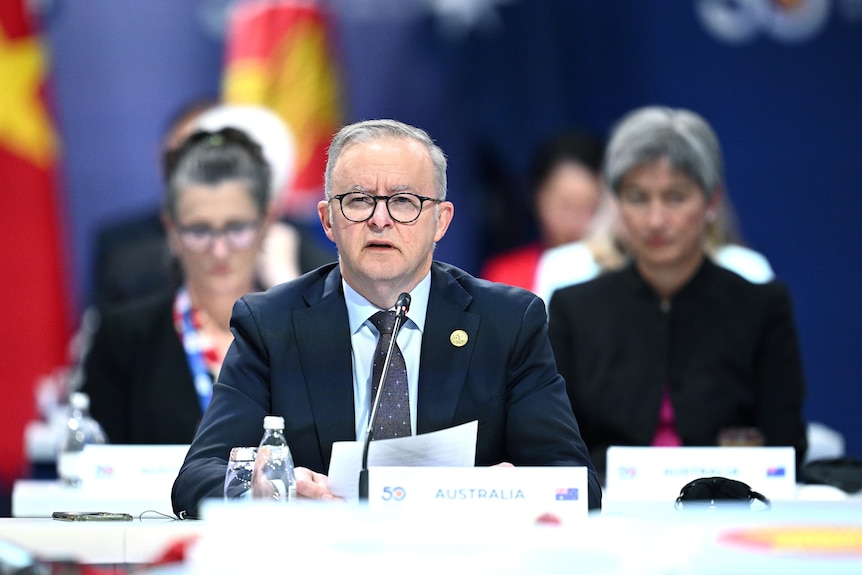
The Melbourne reinforced declaration does not contain the specific language regarding China that Australia initially sought to include (AAP: Joel Carrett). While President Ferdinand Marcos Jr of the Philippines has once again criticized Beijing’s actions this week, Malaysian Prime Minister Anwar Ibrahim expressed a contrasting view, stating that he does not foresee conflict in the South China Sea. Following the summit, Mr. Albanese informed reporters that Australia needed to establish a consensus with all ASEAN nations. “Collaboration is essential,” he emphasized. “Crafting a joint statement between Australia and ASEAN requires mutual understanding; it cannot solely reflect the perspective of one nation.”
Engagement de l’Australie à renforcer la déclaration de Melbourne
Le Premier ministre Anthony Albanese s’apprête à dévoiler un fonds de 2 milliards de dollars pour stimuler le commerce et l’investissement australiens en Asie du Sud-Est.
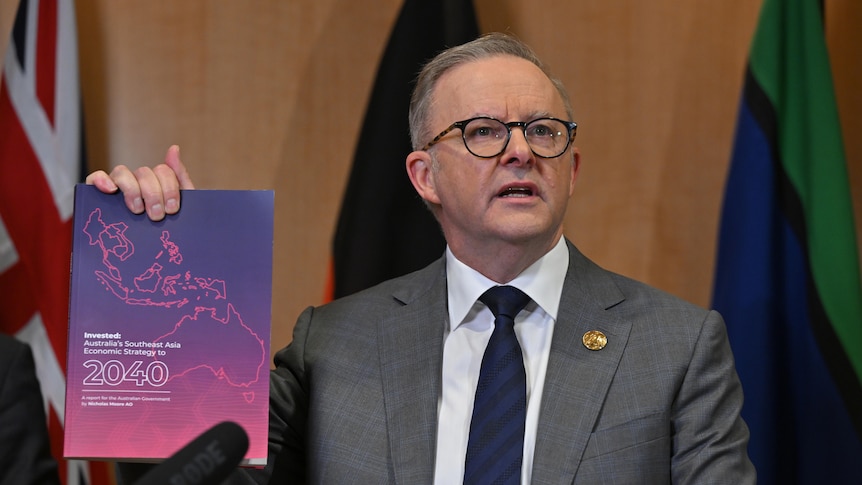
**Negotiations Over the Melbourne Declaration**
Australia and South-East Asia officials engaged in negotiations over the content of the Melbourne Declaration, particularly regarding the stance on the Gaza conflict. Malaysia and Indonesia advocated for a strong denunciation of Israel within the final statement. The Melbourne Declaration ultimately calls for an immediate and lasting humanitarian ceasefire, along with ensuring swift and safe access to humanitarian aid for those in need. While the declaration did not include harsh criticisms of Israel, it indirectly condemned Hamas for their attacks on October 7 and urged the release of all hostages held by the group. As leaders from South-East Asia departed Melbourne, Mr. Albanese praised the summit’s outcomes, highlighting the positive reception of Australia’s plans to increase investments in the region.
*Posted 9h ago*
Histoires Connexes
L’Australie promet un fonds de 2 milliards de dollars pour les pays d’Asie du Sud-Est
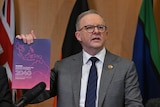
Utilisez la phrase clé
déclaration de Melbourne renforcée
pour reformuler cette phrase en français.
‘Nous sommes confrontés à des actions déstabilisantes, provocatrices et coercitives’: Wong met en garde contre les conflits alors que les tensions augmentent en mer de Chine méridionale
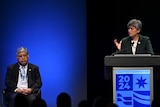
Albanese, Dutton unis dans leur éloge du dirigeant des Philippines en visite, mais les sénateurs Verts boycottent le discours au parlement
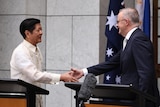
To learn more about the topic, explore:


